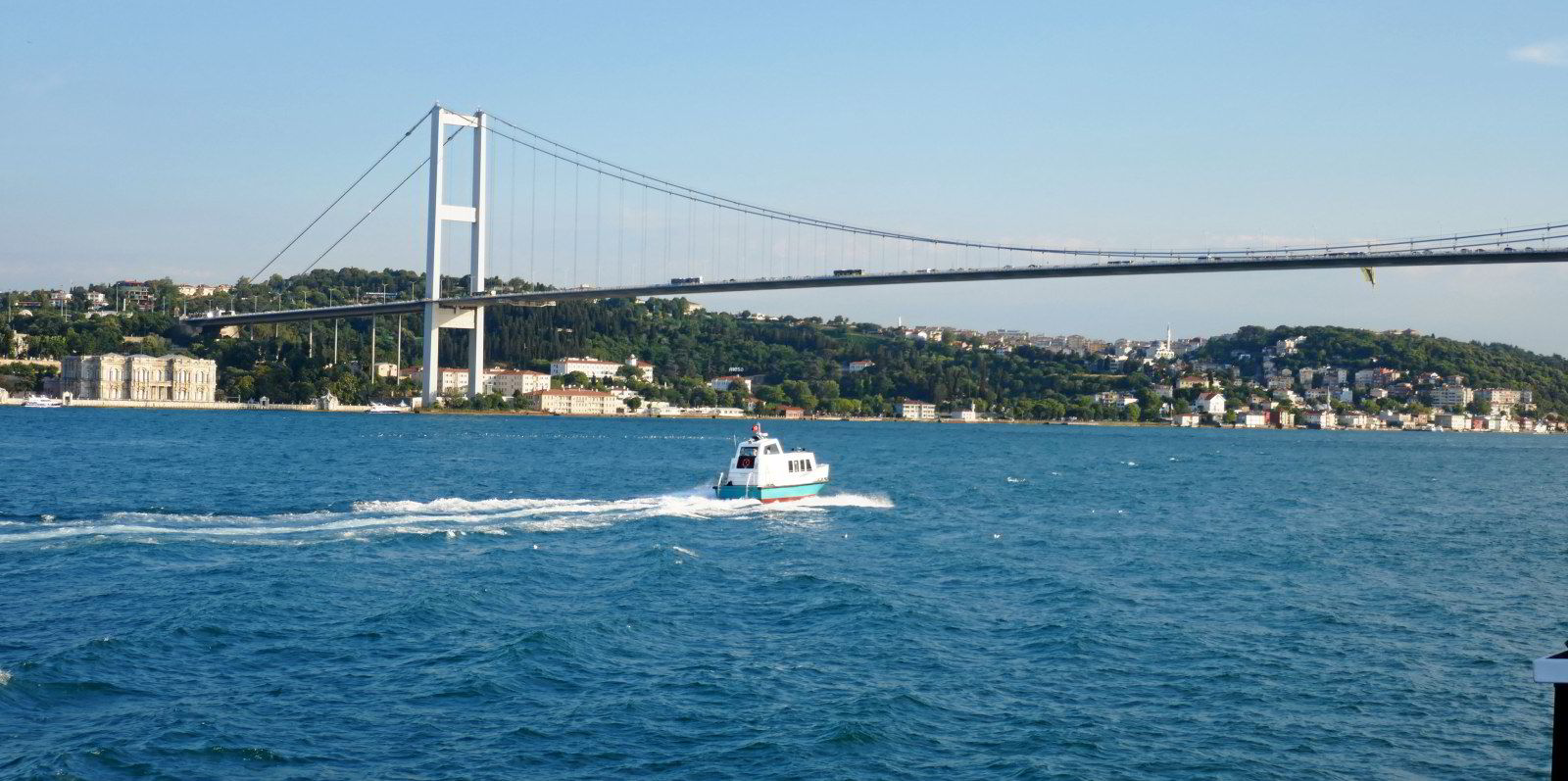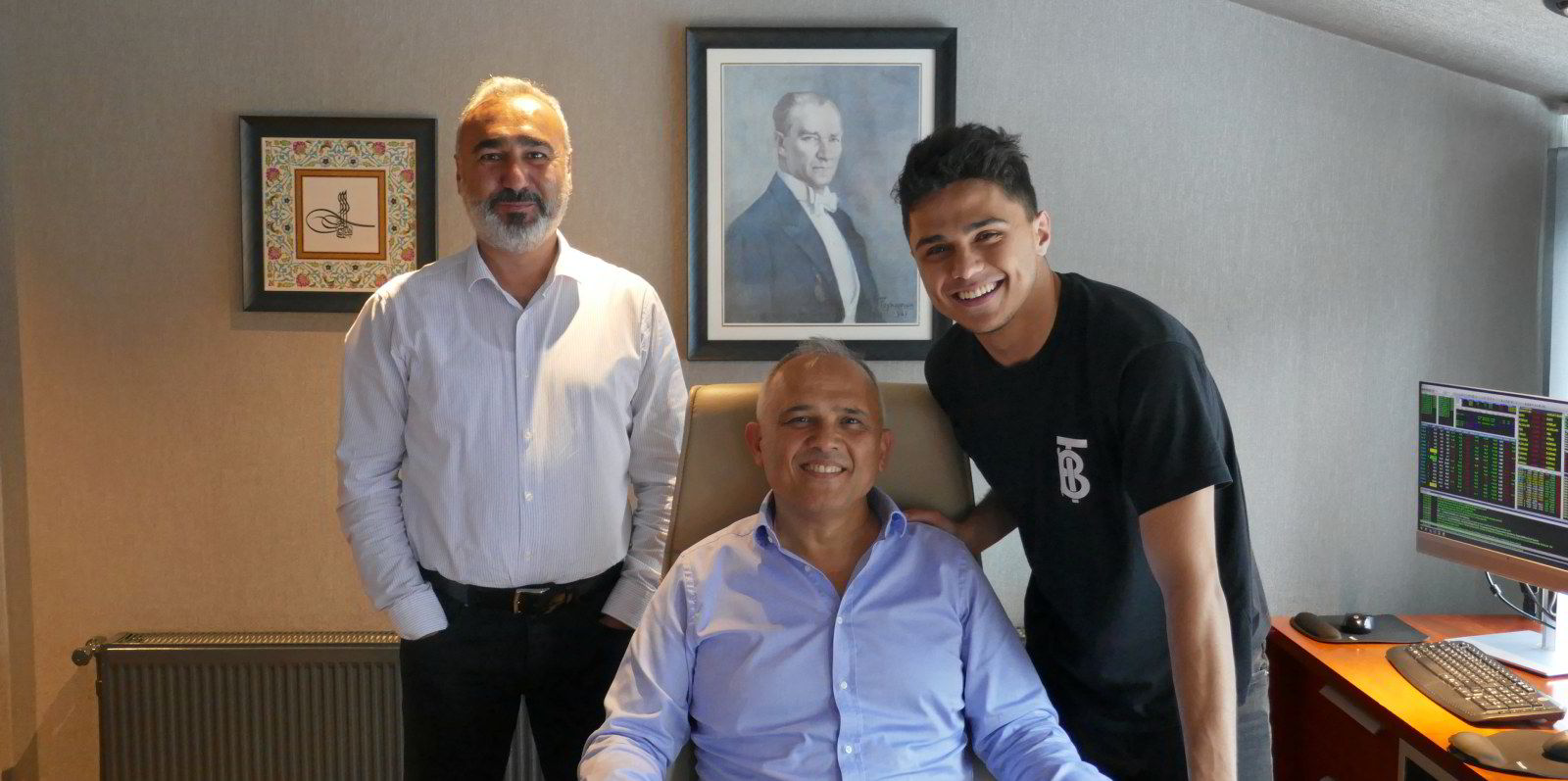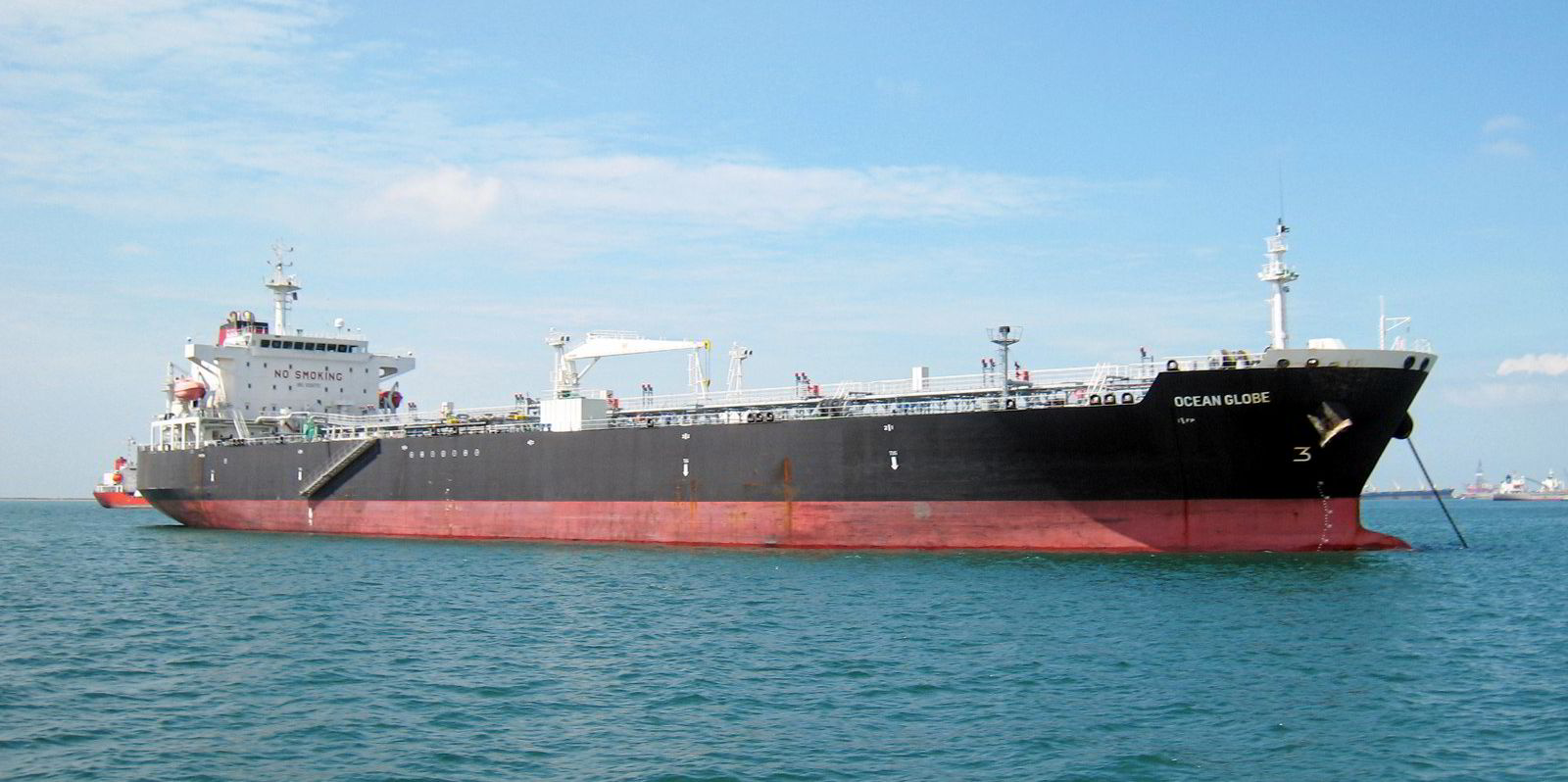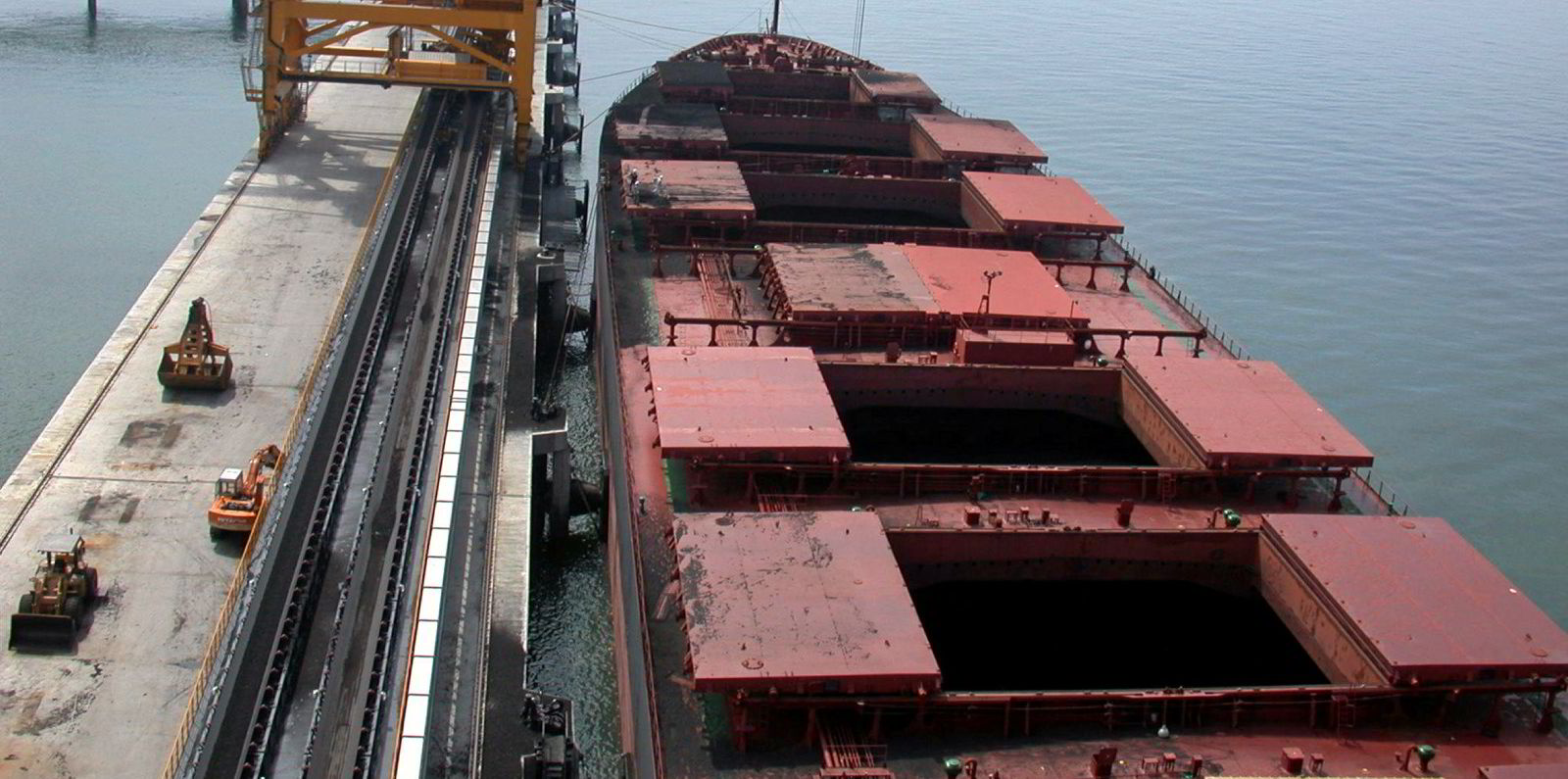When Ali Bekmezci entered shipping in 2008, maritime circles wondered whether his investment in the business was just a flash in the pan.
More than 10 years later, and after an expansion spurt that saw Bekmezci acquire a dozen bulkers and tankers since the end of 2020, there is little doubt left about his commitment to the industry.
“Everybody has realised we’re not in this business speculatively,” Bekmezci — one of Turkey’s fastest-expanding shipowners — told TradeWinds in an interview from his Istanbul office.
Bekmezci is amused that many in the industry are still referring to him as the “socks-producer guy”.
This is of little surprise, considering that he and his brother, Ismail, continue to be major textile players in Turkey, producing 150 million pairs of socks each year — alongside shoes, underwear and sportswear.
The Bekmezci family had no previous background in shipping.
Starting off as small-time, mini-bus transport providers, the clan turned to socks in 1975. Expanding quickly, they began exporting them outside their home country in 1990.
“By 2008, we had grown so much in socks that if we expanded any further, we would be just competing with ourselves,” Bekmezci said.
Baptism of fire
Attracted by shipping’s global reach and international outlook, he decided to take a plunge and diversify into the industry with an order for three supramax bulkers at STX Dalian Shipbuilding.
It was a baptism of fire.
“I entered at a bad time,” Bekmezci freely admitted in the interview.
As shipping markets collapsed after the demise of Lehman Brothers, Bekmezci used all his negotiating skills to delay delivery and obtain discounts on the ships he ordered.
His perseverance paid off. After a few years, he inked another couple of ultramaxes and a kamsarmax, and then laid low.

At the end of 2020, just before shipping markets started recovering from the coronavirus pandemic, Bekmezci embarked on a remarkable expansion drive on the secondhand market that saw his fleet triple in size to the 18 vessels in currently owns.
Bekmezci-led Beks Ship Management & Trading bought five bulkers, from supramaxes to capesizes, which rapidly appreciated in value.
He repeated the trick with tankers — a business he entered from scratch in 2021 and has already got five aframaxes and two MR product tankers.
One day will come when we’ll make some asset plays, but not this year.
— Ali Bekmezci
His latest acquisition occurred just a few weeks ago — the 115,600-dwt Beks Sun (ex-Sophie Schulte, built 2005) was bought for about $19m, according to market sources.
Believing in the further upside for the market, Bekmezci wants to continue investing in secondhand tonnage.
He said he may buy three to four more units this year, mostly tankers, where he has focused on tonnage built between 2005 and 2009.
Even though the value of his vessels has risen, the Turkish owner does not consider selling any of his ships just yet.
“One day will come when we’ll make some asset plays, but not this year,” he said.
Beks’ chartering strategy differs between bulkers and tankers.
On the bulker side, the company focuses on long-term, index-linked deals with firms such as Oldendorff, Swiss Marine, Norden and Western Bulk.
On the tanker side, it prefers spot voyages or charters of up to six months.
Beks, which currently employs about 35 people, plans to grow its number of staff to about 50 over the next few months. The company manages all its bulkers fully in-house and aims to eventually do the same with tankers.
Succession calculus
Trusted collaborators such as Beks board member Cemil Ersoz are already helping run the company but Bekmezci’s son, Cenk, is keen to offer a helping hand as well.
“I am more interested in chartering,” said Cenk, who caught the shipping bug when launching a Beks ship named after him nine years ago.
Currently studying at Northeastern University in Boston, Cenk has already worked as an intern in brokering outfits in London and Singapore.
“My father says ‘your CV isn’t good enough yet to come to my company’,” Cenk said.
Ali’s older brother Ismail runs Aruna Shipping. The two siblings are in the textile and hotel business together but keep their shipping interests apart — to ensure a smoother succession.
When asked whether shipping or socks is the most difficult business, Ali Bekmezci did not hesitate: “At the time we entered [shipping], everybody was saying ‘shipping is very difficult — not like socks’. But, believe me, socks are more difficult.”





